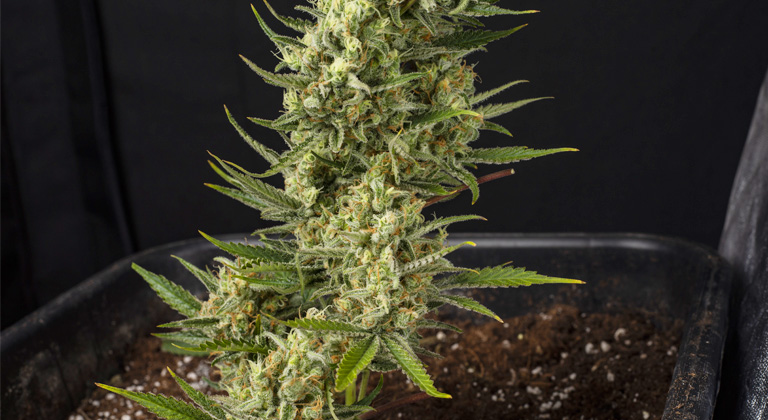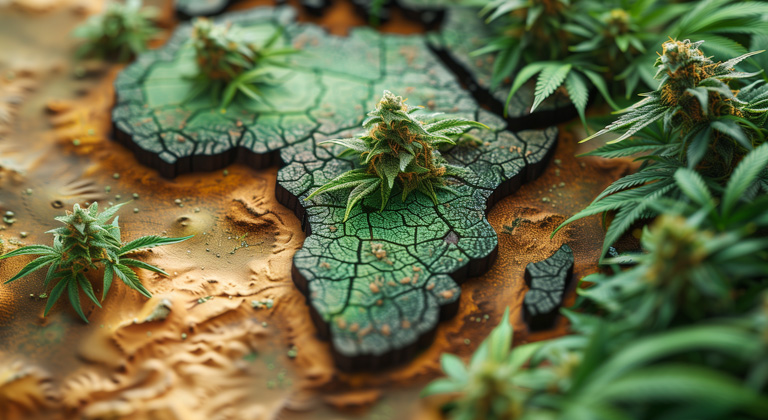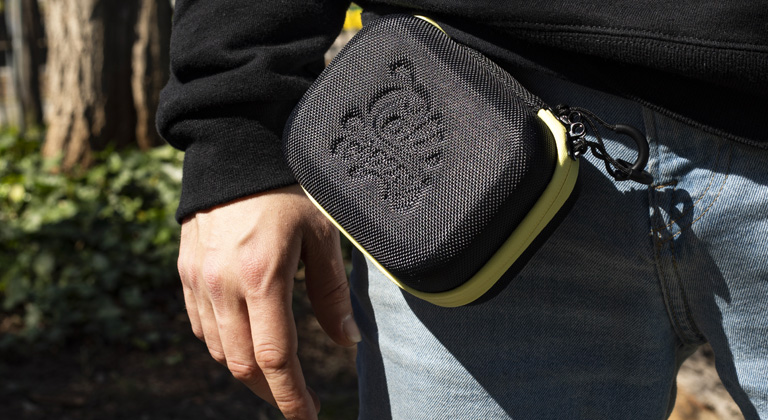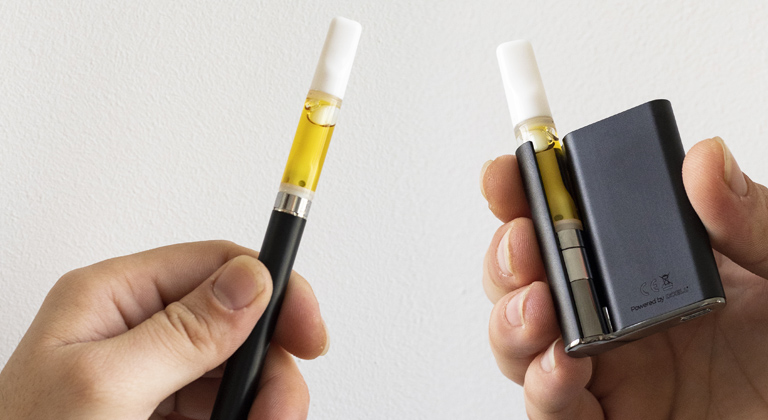Background: The Origins of Cannabis Legalization in South Africa
The first significant steps towards the regulation of cannabis in South Africa started in 2017, when the Western Cape High Court ruled that it was unconstitutional to prohibit adult use of cannabis (or dagga, as it is known locally).
This decision was ratified in 2018 by the Constitutional Court, which ordered Parliament to draft the corresponding legislation within two years.
This was a very celebrated piece of news by cannabis activists, who for the first time saw a distinct possibility of a legal framework that protected their right to use and grow cannabis in private spaces.
However, this decision left several questions up in the air, such as how much cannabis each user could grow and possess in their private home. These and other questions have been the subject of intense debate among lawmakers, which delayed the implementation of this bill for six long years.
Last March, President Cyril Ramaphosa finally enacted the Cannabis for Personal Use Act, regulating cultivation, possession, and consumption of cannabis by adults in private settings.
What Does South Africa’s Cannabis for Private Purposes Act Look Like?
The Cannabis for Private Purposes Bill, signed by President Cyril Ramaphosa, regulates the cultivation, possession, and use of cannabis in private settings.
This is a milestone that removes cannabis from the Drug and Drug Trafficking Act. Not only will this have economic implications by potentially fostering the cannabis industry in South Africa, but it’ll also have a direct impact on the penalties of those charged with cannabis-related crimes.
Key Points of South Africa’s Cannabis for Private Purposes Bill
- Cultivation and possession: Adult consumers can grow and possess cannabis in their private homes.
- Personal consumption: Cannabis use is limited to private spaces.
- Sale and distribution: Sale of cannabis is still illegal, which forces users to grow their own cannabis.

Social Impact of South Africa’s New Cannabis Law
One of the most celebrated measures regarding the new cannabis legal framework is the eradication of criminal records and penalties for crimes related to cannabis possession and consumption.
This is a new scenario where a step forward in social justice has been taken, which aims to rectify the prohibitive policies of the past. The new law aligns with the global trend that decriminalizes cannabis and restores justice for those who have faced criminal penalties for cannabis-related crimes.
South Africa’s Economic Potential in the Legal Cannabis Market
Many are wondering if this new law will pave the way to a total legalization of cannabis and, therefore, to South Africa’s entry as a new player in the international cannabis market.
Experts claim that the country has enormous potential, with an industry estimated to generate over 100,000 new jobs as well as to attract foreign investment.
This could have a positive impact on rural areas where cannabis cultivation could become a livelihood option.
South Africa’s Position in Africa’s Cannabis Legal Framework
Nowadays, cannabis remains illegal in most African countries. However, some “green shoots” started to appear a few years ago (i.e., countries that have regulated cannabis mainly for medical use, or have decriminalized the cannabis plant).
In this context, South Africa stands out for its progressive approach to legalizing adult personal use of cannabis.
But first… Let’s take a look at the big picture in Africa:
- Lesotho: In 2017, it became the first African country to legalize cannabis cultivation for medicinal purposes. The country has also legalized the manufacture, distribution, import, and export of cannabis. In April 2021, Lesotho received the first license in Africa to sell medical cannabis to the EU. The country has capitalized on its favorable climate, becoming a production hub that has attracted foreign investment.
- Zimbabwe: In 2018, Zimbabwe legalized cannabis cultivation for medical use and research. A year later, the first growing permit for commercial purposes was approved. Today, licensed producers are allowed to grow, process, and sell medical cannabis. This positions Zimbabwe as an emerging player in the African cannabis market.
- Uganda: The country has already issued licenses for the cultivation of medical cannabis, though its industry is still in the early stages. The approval of cultivation projects has attracted the interest of international investors, revealing the economic potential of the sector. The government has implemented measures that require individuals and companies who wish to grow or export medical cannabis to have a minimum capital of five million dollars, along with a bank guarantee. Additionally, investors must present a tax compliance certificate from the Uganda Revenue Authority to obtain a valid commercial license.
- Rwanda: In 2021, a new order was approved to legalize the medicinal use of marijuana, establishing a regulatory framework for the cultivation, processing, export, medical use, and research of cannabis. The country still hasn’t legalized recreational cannabis and maintains strict penalties for offenders.
- Malawi: In 2020, a law was passed to decriminalize cannabis for medical and industrial use. This step was taken five years after the country approved legislation to legalize the cultivation of industrial hemp. Ironically, the country is known in the cannabis world for being the origin of one of the legendary Landrace strains, “Malawi Gold”, but recreational use of cannabis is still illegal in the country.
- Morocco: Considered the mecca of hashish, Morocco has only legalized cannabis for medical use to date, although in practice its recreational use is also tolerated. Evidence of this is that almost one million people living in the northern regions of Morocco practice cannabis cultivation as their main economic activity.

South Africa’s Leadership
South Africa has taken a significant step on the continent and emerged as the leader in cannabis reform in Africa following the approval of the Cannabis for Private Purposes Act.
Compared to the rest of African nations, South Africa stands as a leading country in cannabis legal reform. This new progressive law not only sets a precedent for other countries, but it could also serve as a model for an effective and fair legalization of cannabis.
As other countries on the continent begin to explore and regulate cannabis use, South Africa’s position could serve as an example to show that a well-executed total legalization of cannabis can provide a great amount of social and economic benefits.
South Africa’s Position in the International Cannabis Market: A Promising Future
South Africa has joined an elite list of countries at global level that have chosen progressive measures with regards to cannabis. Uruguay was the first to pave the way for total legalization in 2013, followed by Canada in 2018. More recently, Germany has also joined this international regulatory wave, among others.
This new scenario in South Africa might position the country as a key player in the international market, as it accounts for several parameters that place it above the rest:
- Climate and favorable conditions: South Africa has an ideal climate for cannabis cultivation, with regions offering optimum conditions for high-quality production. These conditions could allow for large-scale production with relatively low costs as compared to other producer countries.
- Economic potential: The development of a well-regulated cannabis industry could provide a significant boost to the South African economy, increasing job opportunities and attracting foreign investment that could potentially generate tax revenue.
How Could Cannabis Legalization in South Africa Impact the International Market Ecosystem?
South Africa’s entry into the cannabis market could represent strong competition for other producing countries, especially those with high production costs.
The country’s ability to produce quality cannabis at a low cost could intensify global competition. Countries like Canada or the Netherlands could face challenges in maintaining their market share and competitive prices. Moreover, South Africa’s example could inspire other countries on the continent to follow suit, promoting new policies and regulations in other African nations, and potentially turning the African continent into a serious global competitor.

Conclusion
The legalization of cannabis for personal use in South Africa marks a significant milestone in the country’s history. Not only does this measure promise to transform social justice but also has the potential to boost the economy and create jobs.
Having said that, it is essential to keep a cautious eye on how events unfold step by step.
What do you think about this subject? Stay up to date by reading our blog. Please leave a comment below if you’d like to share your opinion or experience with the community.
Cali Terpenes









